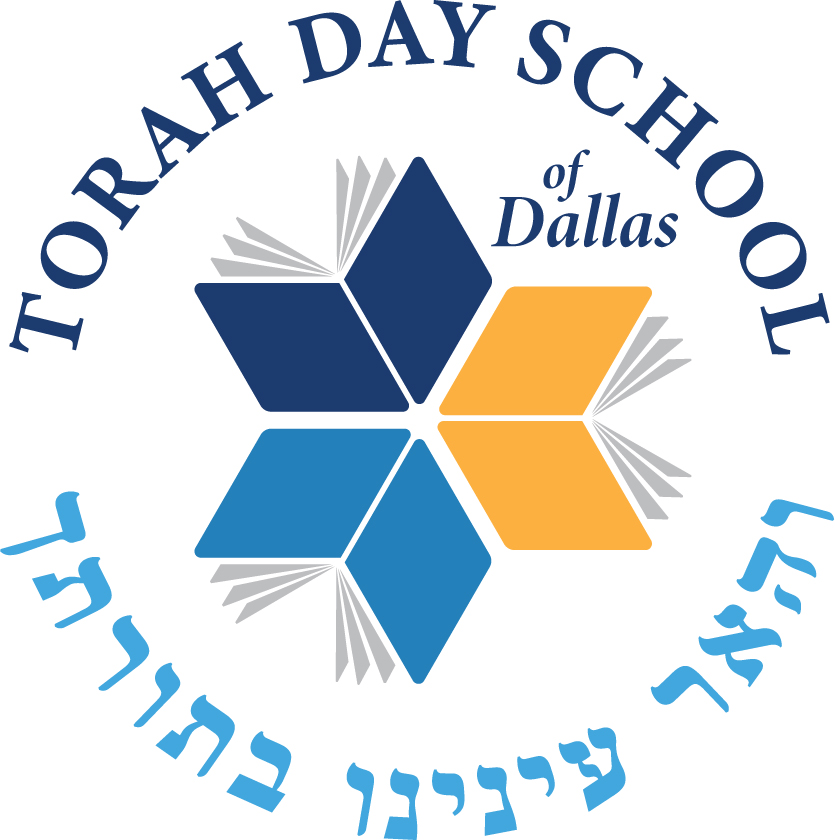Torah Day School’s general studies curriculum centers upon the goals that are put forth in the Common Core State Standards, a rigorous set of educational standards used nationwide to ensure that high school graduates are well prepared to excel in post-high school programs and in the workforce. For more information about Common Core, visit http://www.corestandards.org/resources/frequently-asked-questions.
We are methodical in integrating these standards into each facet of our general studies.
Reading with understanding and writing effectively are the fundamental tasks of elementary school, as they are the basis for all future studies. Kindergarteners write in sentences by mid-year and read well above national standards by the end of the year. TDSD uses frequent benchmarks and a small group approach to ensure that all students in early grades are ahead of targets. In the higher grades, students learn to interpret a wide variety of texts and to write with purpose and clarity.
- Comprehension is emphasized from the earliest age
- Close textual reading skills, with works of increasing complexity, are built;
- Students are led to make logical inferences
- Students find central ideas and themes
- Students compare formats and arguments
- Students interpret a variety of texts, including at least 50% non-fiction
- Comprehension is emphasized from the earliest age
- Close textual reading skills, with works of increasing complexity, are built;
- Students are led to make logical inferences
- Students find central ideas and themes
- Students compare formats and arguments
- Students interpret a variety of texts, including at least 50% non-fiction
- Daily grammar exercises teach punctuation, grammar, and sentence variety
- Final drafts of papers are edited for conventions (apart from the revision process)
- Vocabulary is a key component of the program, building on the statistical correlation between vocabulary and high school/college success.
We dedicate almost an hour per day to mathematics and are fortunate to have been chosen as one of the project schools for the Rosenbaum Foundation’s intensive teacher training in math instruction.
Torah Day School’s core use of the Singapore Math curriculum in grades K-6 aligns us with the chief goals of the Common Core State Curriculum, which drew in part on the same international data that led to the use of Singapore Math in the U.S. Both the Common Core and Singapore math stress the need for a deep conceptual understanding of mathematics. Problem-solving is emphasized beginning in Kindergarten, and students spend a significant amount of time on number sense and concepts such as place value. Visual, concrete aids such as model drawing are a key part of the program, with the ultimate goal being to develop a true intuition about mathematics. The student is not primarily playing with manipulatives, nor is he or she memorizing what procedure to follow. Rather the student is being led to analyze the problem at hand, to draw a diagram that will display the given facts, and to use reasoning to solve it.
With the aid of enthusiastic and well-qualified teachers, a hands-on curriculum, and a beautiful science lab, students at TDSD look forward to this important subject. Lower grade teachers incorporate a significant amount of non-fiction learning in science as part of their general reading program, and include hands-on science lessons frequently. In middle school, students learn the essentials of life, physical, and earth sciences over three years while also working on independent research projects. TDSD 8th graders have the opportunity to participate in the advanced engineering curriculum sponsored by the Center for Initiatives in Jewish Education (CIJE), which has trained TDSD teachers and offers on-going mentor support.
Over the years, students have risen to the challenge of TDSD’s high standards in this area. History is a priority because we want our graduates to be educated citizens, well-equipped to function in the world. It is also important as a means to learning numerous study skills (reading non-fiction texts, understanding maps and graphs, learning how to research, etc.) that will be necessary as students go on to challenging high schools and colleges.

